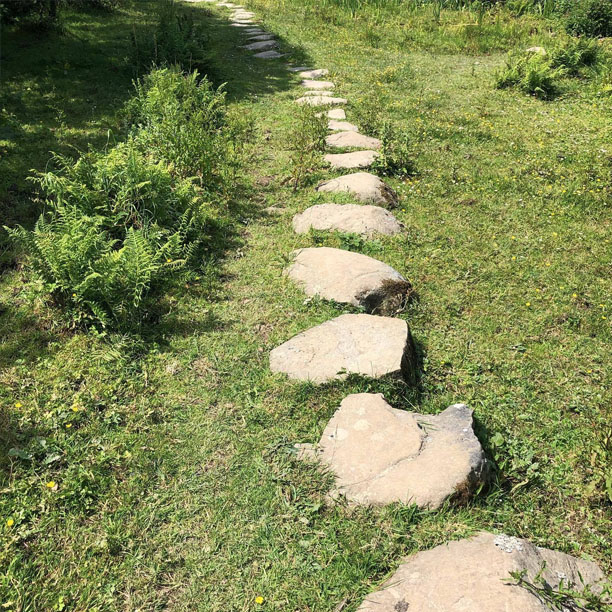Career Guidance and Assessment
Guiding Students Into Fulfilling Careers
"Work to become, not to acquire." — Elbert Hubbard
 Essential to the developmental process in the transition from adolescent to emerging adult is the ability of young people to articulate and gain insight into their passions and purpose. Exploring the questions of "who am I" and "what do I have to offer" is consistent with the age old rights of passage where the individual hero in each young person realizes their own inner genius and the unique core gifts they have to offer the world.
Essential to the developmental process in the transition from adolescent to emerging adult is the ability of young people to articulate and gain insight into their passions and purpose. Exploring the questions of "who am I" and "what do I have to offer" is consistent with the age old rights of passage where the individual hero in each young person realizes their own inner genius and the unique core gifts they have to offer the world.
To this end, Emerge utilizes The Greenwood System 120 career matching and personality report as a cornerstone of our assessment and guidance process. In combination with The Core Gift Discovery process, The Greenwood System 120 forms the basis for identifying potential occupations and a personal road map for taking the steps toward both educational and career goals.
Throughout all of there work, Andrew and Kylie help guide students to a better understanding of who they are and how they might contribute to the world around them; a true coming into one's own through articulating their inner genius and sharing of one's core gifts with others by preparing to engage in the world of work.
Whether making decisions through the college admission and selection process, working toward goals as a college student, taking time out to explore beyond the classroom with gap year options, or navigating the post college career world, students will move toward their authentic selves through a mentoring experience with Andrew and Kylie. The Greenwood System 120 and Core Gift Discovery process lead to a dynamic engagement that forms a foundation from which student's can pursue a vision of their place in the world.
The goals of early career counseling are to help individuals who are just starting out in their careers to make informed decisions about their career paths, and to support them in achieving their career-related goals. Some specific goals of early career counseling might include:
- Career exploration: Many early career counselors help individuals explore their interests, skills, values, and personality traits to determine which career paths might be a good fit for them. This might involve taking career assessments, researching different industries and occupations, and learning about educational and training requirements.
- Goal setting: Early career counselors work with individuals to set realistic and achievable career goals, whether that means getting a specific job, earning a degree or certification, or advancing within their current organization.
- Skill development: Early career counseling may involve helping individuals develop the skills and competencies they need to succeed in their chosen career paths. This might include training in specific software or technology, developing communication or leadership skills, or improving time management and organization.
- Job search strategies: Early career counselors often provide guidance and support to individuals who are seeking their first job or looking to make a career change. This might involve reviewing resumes and cover letters, practicing interview skills, and networking with professionals in their desired industry.
- Career decision-making: Early career counseling can also help individuals navigate difficult career decisions, such as whether to change careers, pursue further education, or take a break from work to address personal or family needs.
Overall, the goals of early career counseling are to provide individuals with the knowledge, skills, and resources they need to make informed decisions about their career paths and to support them in achieving their career-related goals.
